The MUSCO Advisory Pole
At the heart of governance, where families’ voices truly resonate.

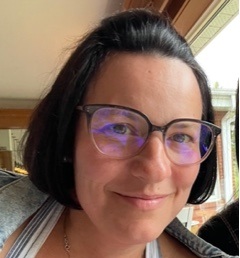
In Quebec, at the time of the Initiative’s launch, nearly 60,000 children and adolescents were living with a physical disability, many of them facing serious conditions. These challenges—whether present from birth or resulting from an accident—affect not only our children’s lives but also those of our families. They shape our daily routines, our independence, and the roles we are able to play in society. MUSCO was born from this reality.
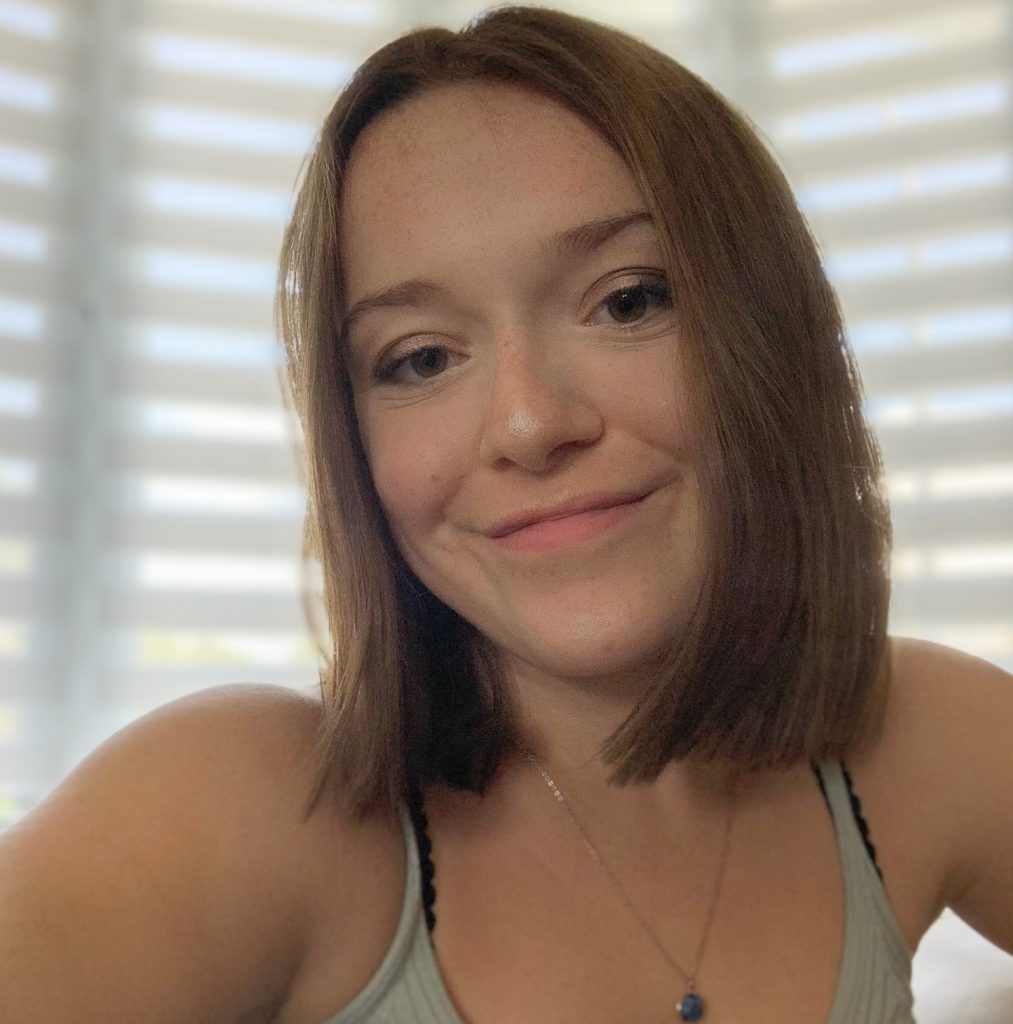
Each year, the Initiative’s partner institutions care for these children and adolescents. Their expertise is widely recognized, and the quality of care is high. Yet for us, as families, access remained complicated. Too often we faced long delays, fragmented services, and barriers that were difficult to overcome. When these obstacles recurred, they became all the harder to endure, especially given the chronic nature of our children’s conditions.
How then can we hope to make ourselves heard and bring about change?
Working WITH Families
Today, much is said about the importance of consulting users, patients, and parents in order to better respond to their real needs. As parents of children living with neuromusculoskeletal disorders—or as patients ourselves—we know how essential this approach is. Projects that meaningfully involve patient partners are multiplying, and this is encouraging.
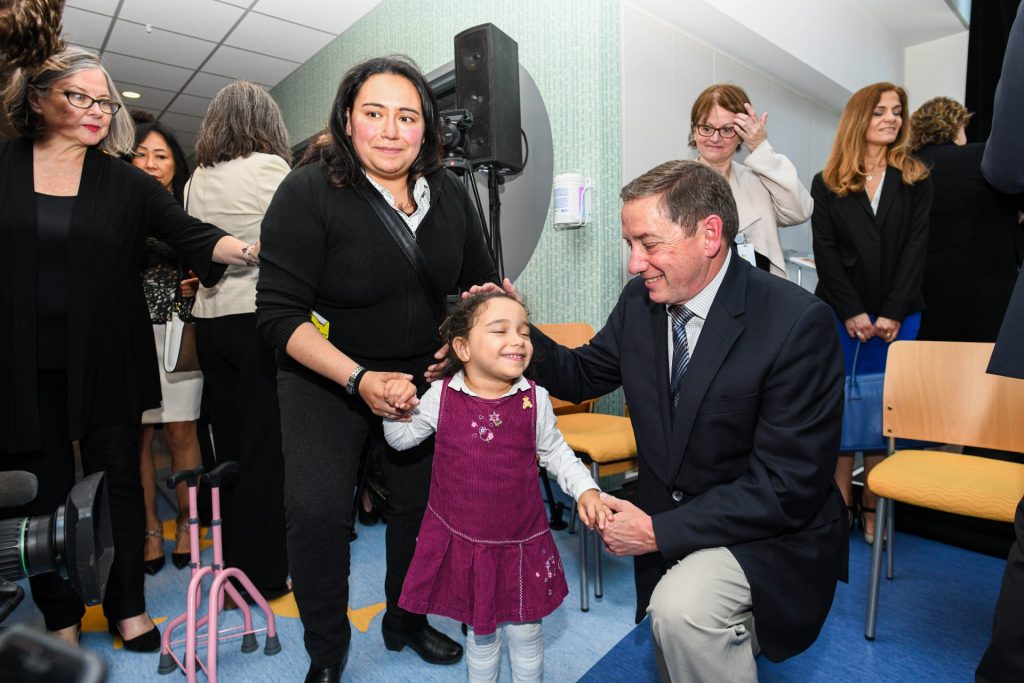
Too often in the past, families were consulted only after solutions had already been defined, when our needs had not been clearly identified. Yet it is precisely by taking the time to fully understand the realities of the children and families concerned that truly useful and effective projects can emerge. Asking families and patients the right questions makes it possible to achieve objectives and to design sustainable solutions that genuinely improve lives.
By maintaining this approach, we can build a future where care is provided to the right patient, at the right time.
Our Voice Heard
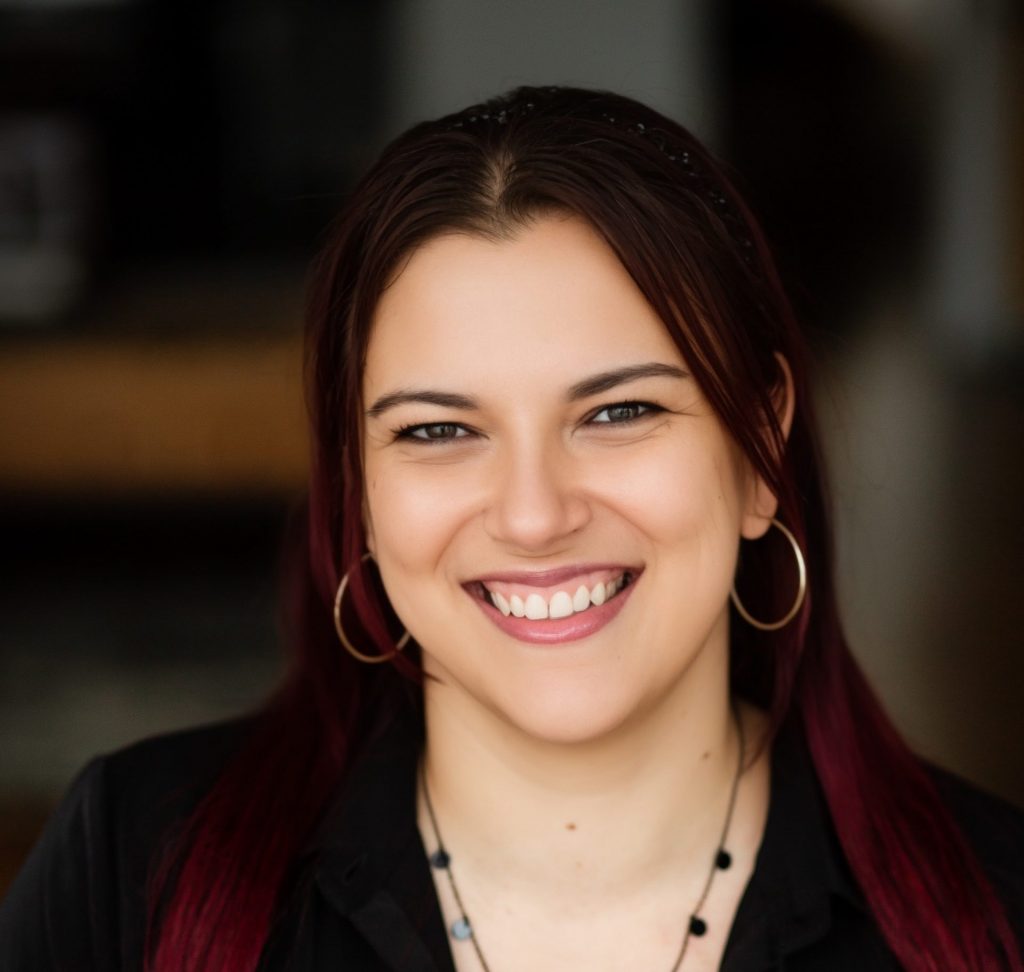
What made the difference with MUSCO was that our voices as parents truly had a place. The Advisory Pole was created for precisely this purpose: to involve us directly in discussions and decisions. For parents and patients alike, having a role in the governance of such a program speaks volumes about the quality of listening involved. Our voices were placed at the heart of the conversation so that each project could be developed in line with our real needs and those of our children.
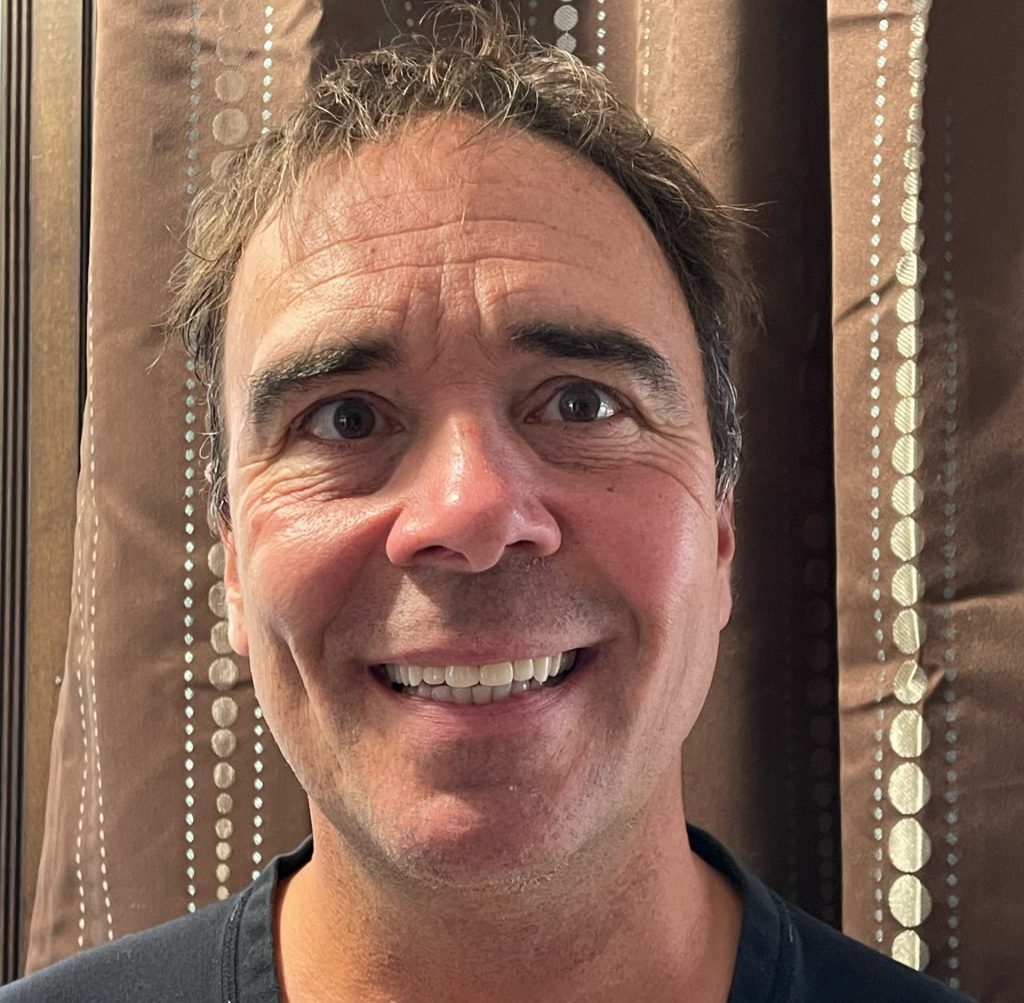
Recruitment to the Advisory Pole was designed to reflect our different realities—diverse diagnoses, life paths, and socio-professional backgrounds—while ensuring the participation of mothers, fathers, and patients. Our role was to provide a broad perspective to guide the Initiative’s direction, while also taking enough distance from our own personal situations to represent other families in need of similar care and services. We contributed to discussions ranging from overall strategy to clinical projects and process improvements.
When Should Families Be Involved, and How?
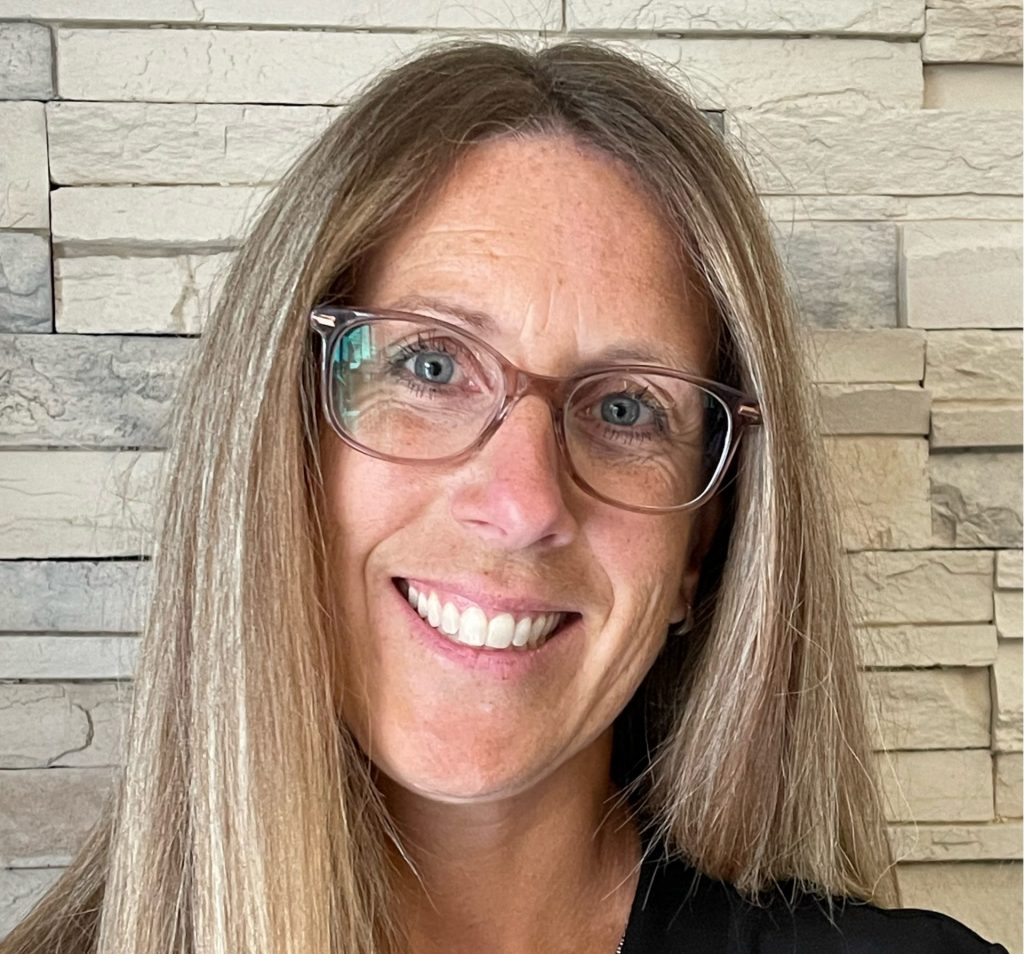
In our daily lives, supporting a child through their care journey is already an immense challenge. How, then, can families find the time and resources to participate in projects while shouldering these responsibilities? MUSCO created the right conditions for this involvement by showing empathy, fostering inclusive and caring spaces, and ensuring a sufficient number of members to make each discussion constructive.
Over the years, our participation grew, projects multiplied, and we were motivated to broaden our engagement—even stepping outside our comfort zones:
- 2020
First official meeting of the Advisory Pole, despite the pandemic.
Members decided to increase the number of meetings to allow deeper discussion on key issues.
- 2021
Advisory Pole representatives joined the Initiative’s Executive Committee, a major step in engaging families in governance and decision-making.
The meeting agendas were adjusted to guarantee time for co-construction.
- 2022
Participation in discussions on the revision of the 2023-2025 strategic plan to reveal the essence of MUSCO.
Representatives of the Advisory Pole participated in the workshop on co-construction collaboration with the Quebec Scoliosis Society during their 50th anniversary (website in French only).
- 2023
A representative of the Advisory Pole presented the benefits of including experiential knowledge at the annual meeting of the Scoliosis Society of Quebec.
A member of the Pole presented on partnership in care at the first-ever Quebec forum on multiple disabilities in Quebec.
- 2024 and 2025
A member of the Pole participated in the filming of information capsules for pediatric volunteers to inform and better equip them with knowledge about the realities of families with children with neuromusculoskeletal disorders.
Ongoing efforts
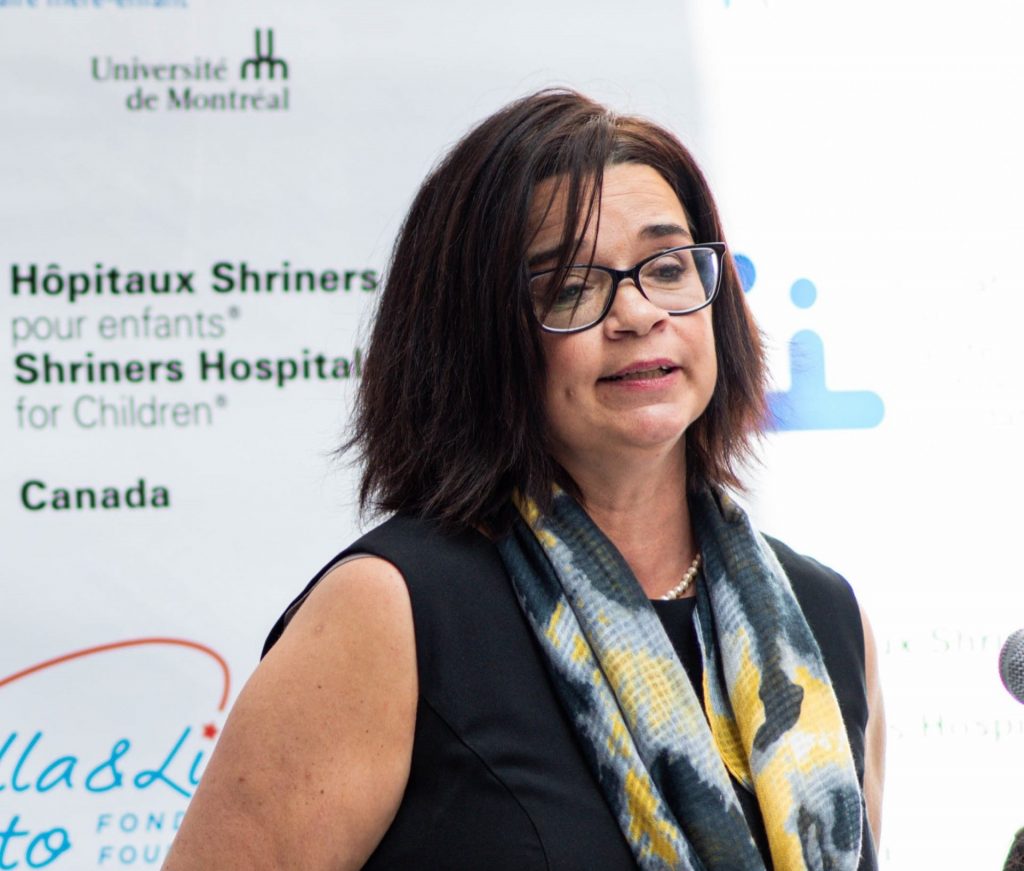
Beyond these individual contributions, families also supported the Inter-Establishment Coordinators by sharing their perspectives on the issues they faced. This input helped shape priorities and guide concrete action.
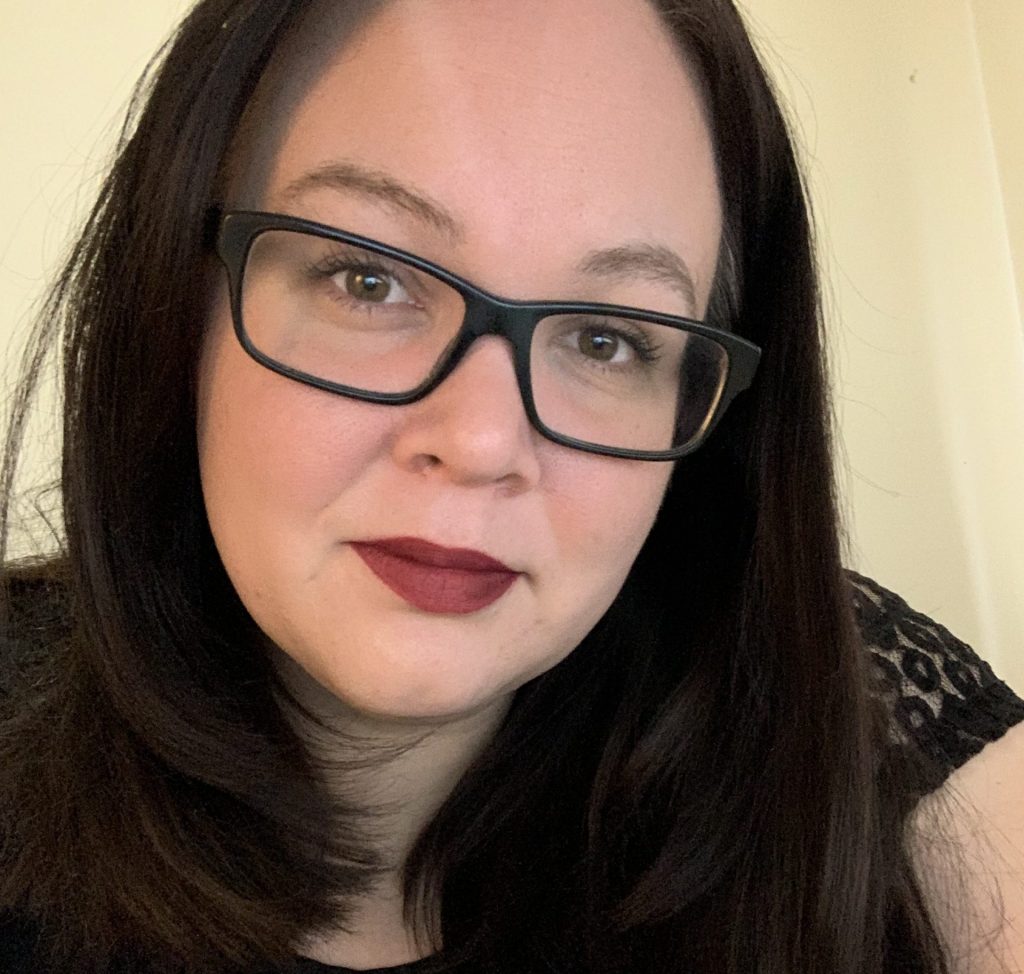
At the same time, we also served as Patient Resource on a multitude of MUSCO projects (Educational Technology, Relay, Annual Event, Patient Trajectory, etc.), allowing us to share our own experiences in a very concrete way in the working groups. We discussed our experiences in the hope of bringing the results of these projects as close as possible to our realities.
In conclusion, we grew alongside the MUSCO Initiative and explored opportunities that had once seemed out of reach. And although the Initiative is coming to an end, we hope that institutions will continue to cultivate this openness to listening. We are convinced that this is the way forward for a healthcare system that is stronger, more inclusive, and better able to respond to the needs of families.
Annie Pinet, mother of Mia
Angélique Bélec, patient
Ariane Tremblay, mother of Marion
Caroline Marie Fidalgo, mother of Alex Olivier
Cristina Cando, mother of Nayla
Daniel Bélec, father of Angélique
Isabelle Courchesne, mother of Angélique
Linda Moreau, mother of Nia
Stéphanie Renaud Beaudin, mother of Nathan

